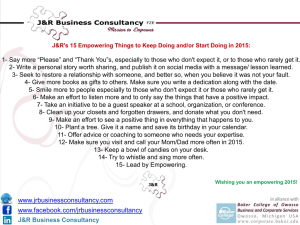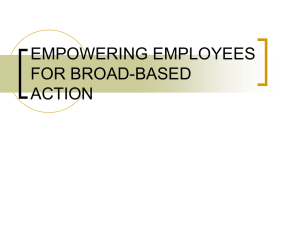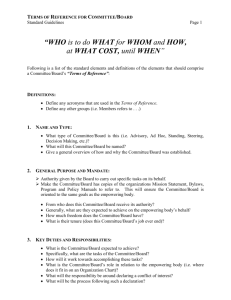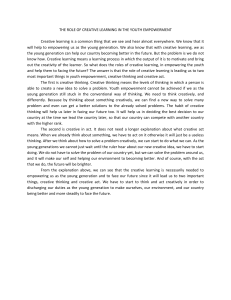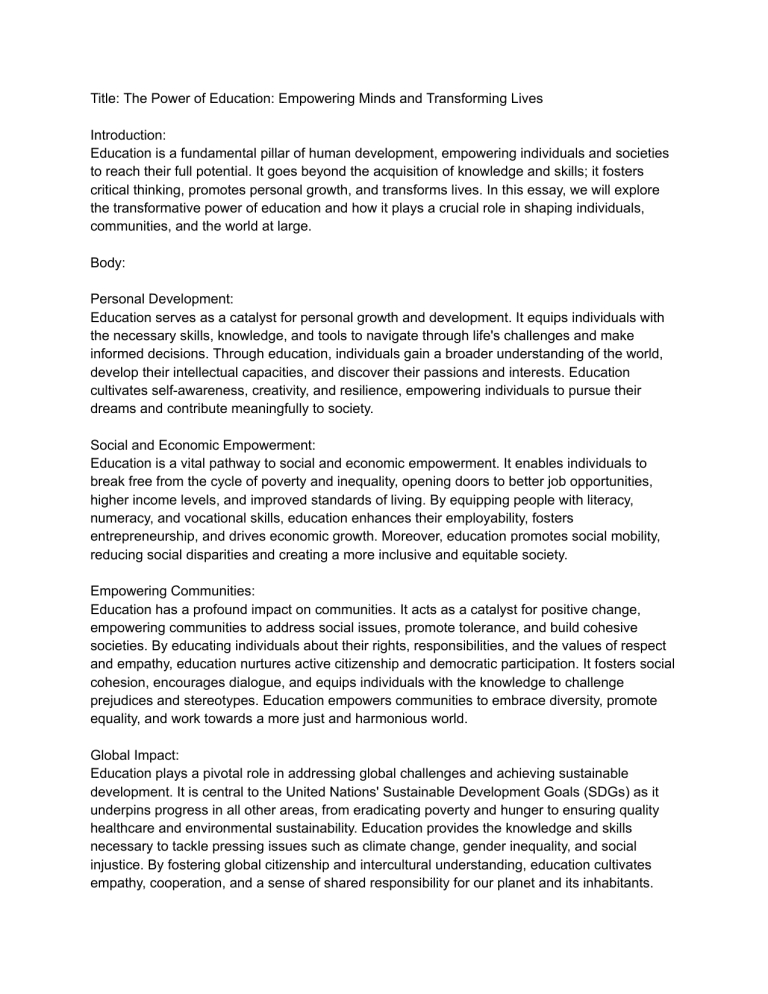
Title: The Power of Education: Empowering Minds and Transforming Lives Introduction: Education is a fundamental pillar of human development, empowering individuals and societies to reach their full potential. It goes beyond the acquisition of knowledge and skills; it fosters critical thinking, promotes personal growth, and transforms lives. In this essay, we will explore the transformative power of education and how it plays a crucial role in shaping individuals, communities, and the world at large. Body: Personal Development: Education serves as a catalyst for personal growth and development. It equips individuals with the necessary skills, knowledge, and tools to navigate through life's challenges and make informed decisions. Through education, individuals gain a broader understanding of the world, develop their intellectual capacities, and discover their passions and interests. Education cultivates self-awareness, creativity, and resilience, empowering individuals to pursue their dreams and contribute meaningfully to society. Social and Economic Empowerment: Education is a vital pathway to social and economic empowerment. It enables individuals to break free from the cycle of poverty and inequality, opening doors to better job opportunities, higher income levels, and improved standards of living. By equipping people with literacy, numeracy, and vocational skills, education enhances their employability, fosters entrepreneurship, and drives economic growth. Moreover, education promotes social mobility, reducing social disparities and creating a more inclusive and equitable society. Empowering Communities: Education has a profound impact on communities. It acts as a catalyst for positive change, empowering communities to address social issues, promote tolerance, and build cohesive societies. By educating individuals about their rights, responsibilities, and the values of respect and empathy, education nurtures active citizenship and democratic participation. It fosters social cohesion, encourages dialogue, and equips individuals with the knowledge to challenge prejudices and stereotypes. Education empowers communities to embrace diversity, promote equality, and work towards a more just and harmonious world. Global Impact: Education plays a pivotal role in addressing global challenges and achieving sustainable development. It is central to the United Nations' Sustainable Development Goals (SDGs) as it underpins progress in all other areas, from eradicating poverty and hunger to ensuring quality healthcare and environmental sustainability. Education provides the knowledge and skills necessary to tackle pressing issues such as climate change, gender inequality, and social injustice. By fostering global citizenship and intercultural understanding, education cultivates empathy, cooperation, and a sense of shared responsibility for our planet and its inhabitants. Conclusion: Education is a powerful force that has the potential to transform individuals, communities, and the world. It is a fundamental human right that should be accessible to all, regardless of socioeconomic background, gender, or geographical location. By investing in education and prioritizing its quality and inclusiveness, we can unlock the full potential of individuals and create a more prosperous, equitable, and peaceful world. Let us recognize education as a transformative force and work together to ensure that every individual has the opportunity to learn, grow, and make a positive impact on society.

